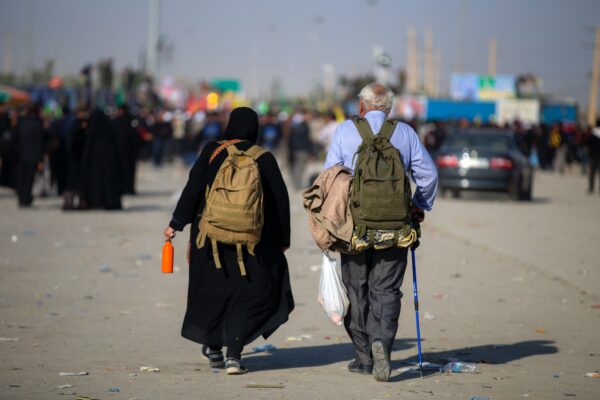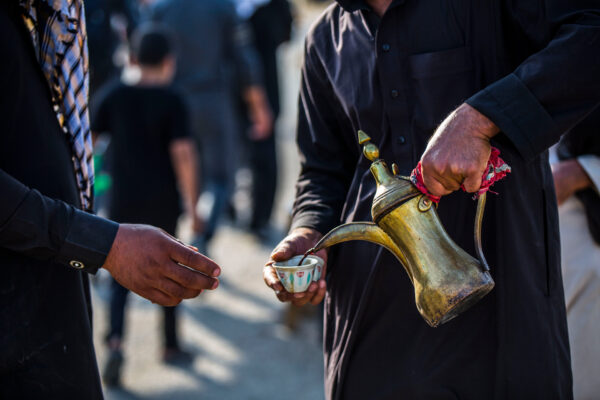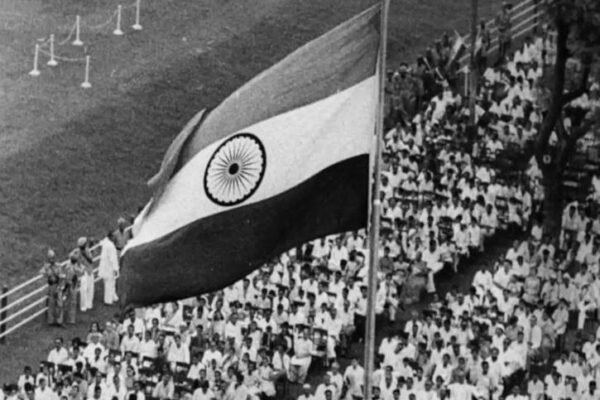Pellets, tiny metal balls fired from buck shotguns, were introduced during the bloody summer of 2010 as a “non-lethal” weapon to suppress public protests in Kashmir. In 2016, hundreds of Kashmiri youth and children were blinded partially or completely by pellets fired by police and paramilitary forces during action against mass protests that erupted for months after the killing of a popular militant.
Pellets, tiny metal balls fired from buck shotguns, were introduced during the bloody summer of 2010 as a “non-lethal” weapon to suppress public protests in Kashmir. In 2016, hundreds of Kashmiri youth and children were blinded partially or completely by pellets fired by police and paramilitary forces during action against mass protests that erupted for months after the killing of a popular militant.
Scores of Muslim mourners were injured after police fired pellets on a Muharram procession on Saturday, the day of Ashoura, in the city of Srinagar, the capital of Indian controlled Kashmir, local media reports and eyewitnesses said.
The mourners were marching in Khomeini Chowk, a locality in Srinagar named after Ayatollah Khomeini, amid restriction when police arrived on the scene to scuttle the procession attended by hundreds of mourners. Reports said the police fired teargas shells and pellets indiscriminately leaving nearly 40 mourners injured.
A few of them were hit in their faces and they were soon hospitalized. A doctor told Indian news website The Wire that four pellets have ruptured the right eye of 16 year old youth named Tanveer, damaging his optic nerve, while one pellet has made a hole in his left eye. His one eye is completely damaged while doctors are not sure of any chances of regaining vision in another eye.
Another victim, Suhail Abbas, has four pellets stuck in his right eye. From the hospital bed, he told The Wire that he was not able to see with the injured eye.
Police fires pellets on Shia Muslims in Muharram procession#Kashmir#pelletvictims#policebrutality #india pic.twitter.com/o6utKmngBV
— Mir Suhail (@mirsuhail) August 29, 2020
As the gory pictures of the pot marked bodies injured were shared online, it sparked outrage among the locals who denounced the police action.
On the eve of Ashura, may all oppressors meet the same fate as Yazeed, may all tyrants find themselves in eternal ignominy. pic.twitter.com/UduSobot92
— Mirza Waheed (@MirzaWaheed) August 29, 2020
A popular Indian news anchor known for his rabid views on Kashmir posted a tweet justifying the use of pellets on mourners. He said that those breaking the law should face the full force of law. His tweet invited condemnation from activists who said that the use of pellets violates human rights laws.
Pellets, tiny metal balls fired from buck shotguns, were introduced during the bloody summer of 2010 as a “non-lethal” weapon to suppress public protests in Kashmir. In 2016, hundreds of Kashmiri youth and children were blinded partially or completely by pellets fired by police and paramilitary forces during action against mass protests that erupted for months after the killing of a popular militant. That year Tanveer enrolled himself at the respected Indian Institution, Aligarh Muslim University.
The use of pellets in Kashmir has sparked international condemnation but India has refused to budge to the pressure arguing that if pellet guns are withdrawn, police would be forced to use bullets. It’s not that bullets have not been fired since the introduction of pellets.
On Saturday, police justified the use of force saying that the procession was violating the court order which banned processions in view of the Covid-19 pandemic. A police officer overlooking the law and order in the city told a local news website Kashmir Walla that force was used to keep a highway through and to keep law and order maintained. “We have used the minimum force,” the police officer was quoted as saying.
However, activists pointed out that the authorities were using double standards while applying rules. Mohit Bhan, a local political activist, juxtaposed pictures of Hindu religious gathering that was allowed in the eastern state of Odhisa with those of injured mourners and wrote on Twitter: “These pictures tell us tales about the two sides of the coin. Brute force, pellets & teargas were used to disperse the crowd at few places in valley leaving scores with disabilities.”
The tale of two processions amid lockdown Jagannath Yatra Odhisa & the other is Moharram in Kashmir. These pictures tell us tales about the two sides of the coin. Brute force , pellets & teargas were used to disperse crowd at few places in valley leaving scores with disabilities. pic.twitter.com/Kp1dKkqsV2
— Mohit Bhan موہت بھان (@buttkout) August 29, 2020
Muslims, mainly Shia Muslims, conduct processions in the Islamic month of Moharrum to commemorate the sacrifice of Imam Hussain, the grandson of Prophet Muhammad (PBUH), in Karbala over 1400 years ago. Authorities in Kashmir had announced restrictions on the religious gatherings in Kashmir citing Covid-19 curbs.
The use of force on the Muharram procession is not a new thing. Every year injuries and arrests are reported during these processions in which participants are beaten, lathi-charged, tear-gassed, and dragged along the roads. The police often cite the pretext of law and order to justify their actions imposing restrictions on marches. Activists say this is a ban on religious freedom.
Essar Batool is a Shia Muslim who lives in Srianagar. In 2015, she co-authoured ‘’Do You Remember Kunan Poshpora’- a book on the 1991 mass rape by the Indian army in twin Kashmir villages. She recalls how last year a Muharram procession in her neighbourhood was prevented by “brute use of force”. She believes that the reason authorities resort to the use of force is the political nature of the processions which is “pro self-determination and anti-state”.
She says it’s the scare of the politics of these processions — jeopardizing the state propaganda narrative about Shias being pro-India and of the resistance movement in Kashmir being Sunni led — that elicits shutting people down. This is also evident from the warning of strict action issued by authorities on Thursday against chanting of slogans of Azadi, the Urdu word for freedom or independence. The dictum came after there were reports that mourners had raised slogans in favour of freedom.
The use of pellets this time is a reminder of how Kashmiris have always been treated for raising their voices, Batool says. “The lines between sects that the state had created are getting blurred and it’s the state again that’s helping with it.”





